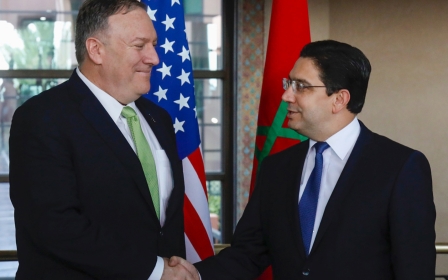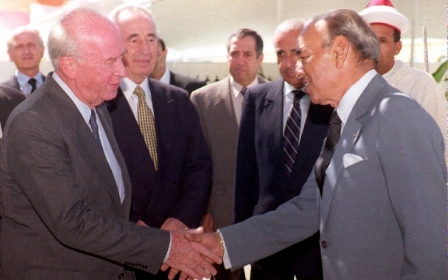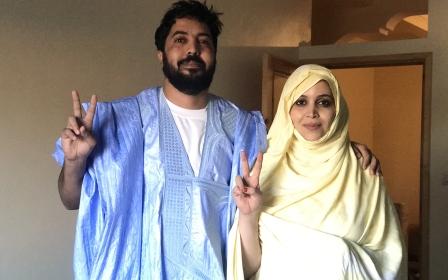US begins process to establish consulate in disputed Western Sahara
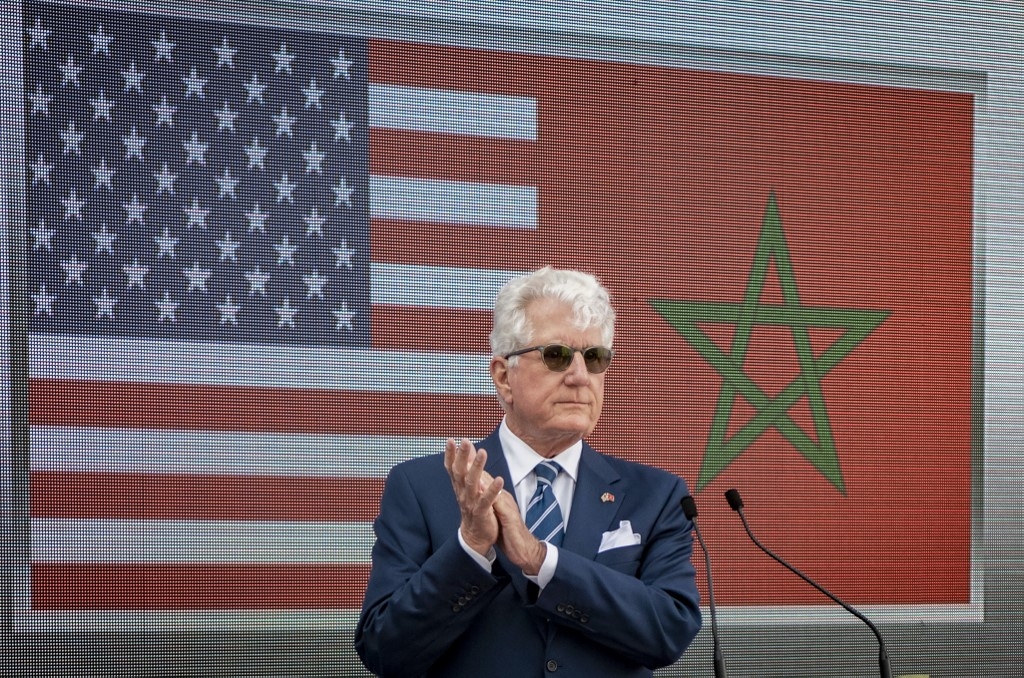
The United States ambassador to Morocco began the process of establishing a consulate in the disputed territory of Western Sahara on Sunday, a move that follows Washington's controversial decision to recognise Moroccan sovereignty over the region late last year.
"Our trip today to Dakhla is another historic milestone in more than 200 years of friendship between the Kingdom of Morocco and the United States of America," Ambassador David Fischer said in a statement.
"It is such an honor for me to visit this stunningly beautiful and critically important region of Morocco, and to begin the process of establishing a U.S. diplomatic presence here."
Fischer visited the Western Sahara port city of Dakhla - 1,440 kilometres (895 miles) southwest of Morocco's capital Rabat - to mark the start of work on a diplomatic office.
"Opening a consulate will allow the United States to take further advantage of Morocco’s strategic positioning as a hub for trade in Africa, Europe, and the Middle East," he said.
New MEE newsletter: Jerusalem Dispatch
Sign up to get the latest insights and analysis on Israel-Palestine, alongside Turkey Unpacked and other MEE newsletters
Last month, US President Donald Trump's administration announced it would recognise Rabat's claim to Western Sahara on the same day the presidency announced a deal in which Morocco would normalise ties with Israel, becoming only the fourth country to do so under an agreement brokered by Trump's team.
Moroccan Foreign Minister Nasser Bourita said on Sunday that with the backing of the US, "Morocco feels stronger in its legitimate fight for its territorial integrity... with the support of its friends".
The Polisario's Sahrawi Arab Democratic Republic (SADR), which lays claim over Western Sahara and is a member of the African Union, has denounced the Trump administration's decision and said it had no authority to recognise claims to the territory.
Bachir Mustapha Sayed, a SADR representative, said the US delegation's visit was a "propaganda tourist trip", adding the Trump's presidency "will come to an end in less than two weeks", the Algerian press agency APS reported.
Will Joe Biden reverse course?
Western Sahara, though a sparsely populated desert region, has rich fishing waters, phosphate deposits and is Morocco's only working land route into the rest of Africa, as its border with Algeria is closed.
The UAE, Bahrain and Egypt all recently announced plans to open diplomatic missions in the disputed territory.
Some 15 African states, including Zambia and Eswatini, have also opened consulates in Western Sahara.
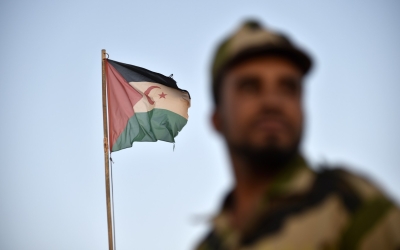
Morocco laid claim to the territory after Spain's colonial rule ended in 1975, whereas the Polisario Front, an independence movement in Western Sahara, saw this as an affront to its own sovereignty.
Despite the US's recognition of Morocco's claims over the disputed territory, the Polisario Front is pinning its hopes on incoming President-elect Joe Biden to reverse this decision, and observers to the conflict see it as an easy victory for the Democrat-led administration.
Sidi Wakal, the secretary-general for the Sahrawi security ministry, told Middle East Eye last month that it hoped the "Biden administration will undo this historical violation of international law."
"It is our expectation that they [Biden administration] will be more sensitive to freedom, democracy and the basic human right to self-determination," Wakal told MEE.
Biden, who will replace Trump on 20 January, has not publicly commented on Western Sahara.
Middle East Eye delivers independent and unrivalled coverage and analysis of the Middle East, North Africa and beyond. To learn more about republishing this content and the associated fees, please fill out this form. More about MEE can be found here.


